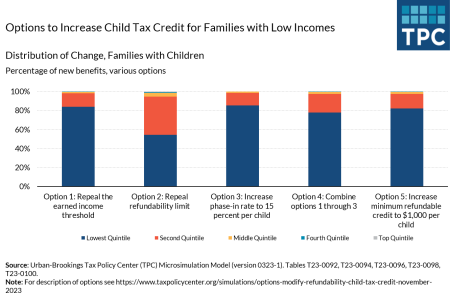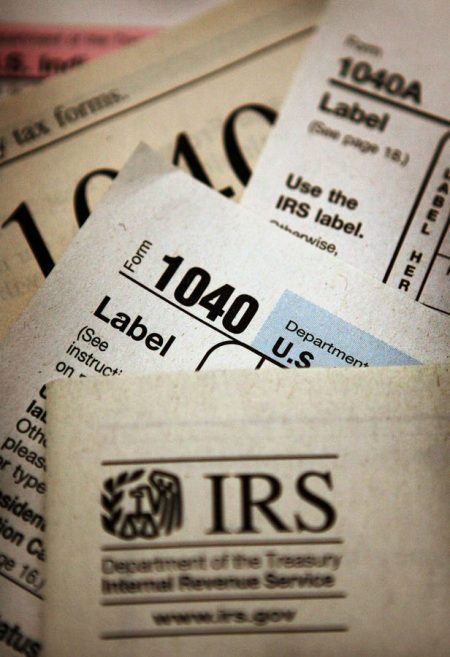The federal moratorium that began with Covid ends on August 31. Borrowers can save money and avoid confusion by taking some key steps right now.
By Janet Novack, Forbes Staff
It’s happening. The moratorium on repayments and interest on $1.6 trillion in federal student debt owed by 44 million Americans really is ending this time—on August 31. The pause began back in March 2020 as an emergency Covid-19 relief measure and was extended again and again, often at the last minute, making it tempting for borrowers to tune out. But a deal between President Joe Biden and congressional Republicans sealed the moratorium’s end and a Supreme Court decision killed Biden’s plan to forgive $10,000 or $20,000 in debt for most borrowers, wiping out future payments for nearly 20 million folks.
Perhaps you’ve heard payments won’t restart until sometime in October. True, but interest is going to start accruing on Sept. 1, and there are things some or most borrowers may need—or want—to do this month.
Here’s the most common reason to act now: Since the start of the moratorium, up to 30 million borrowers have gotten a new loan servicer. That, plus the fact that younger folks tend to move a lot, means it’s entirely possible your servicer doesn’t even have your current address.
Fortunately, the servicer/address snag should in theory be one of the simpler issues to resolve: Go to the Department of Education run site StudentAid.gov to review your contact info, and update as needed. Then check for the servicer you’re assigned to now, go to its web site, create an account and update your address there, too. Belt and suspenders.
Perhaps not surprisingly, borrowers are already encountering significant problems ahead of the restart, but at this point, waiting for an all-clear signal simply isn’t practical.
Anyway, there’s a laundry list of reasons to act. Were your payments being automatically debited from your checking account? You’ll have to reauthorize that. Are you aiming for Public Service Loan Forgiveness, which is supposed to wipe out debt after 10 years of income-based payments for those working in not-for-profits and government? You’ll want to recertify that you’re in an eligible job before Dec. 31.
Here’s arguably the most compelling reason to sign on to StudentAid.gov and review your status now: It could save you money.
“If you haven’t done anything in the last 3 ½ years, you may not be in the right repayment plan,’’ says Forbes Senior Contributor Adam Minsky, a lawyer specializing in student debt. Uncle Sam offers more than half a dozen different repayment plans, ranging from the standard 10 years of steady payments to a smorgasbord of income-driven repayment (IDR) plans. Once you take into account a new, particularly attractive IDR plan known as SAVE and whatever has happened in your life—you got a high paying job, you quit your high paying job, you got married to a high earner—you might not be in the best repayment plan for you.
Applications for SAVE, which replaces the older REPAYE plan, have only been available for a few weeks—so even if you checked out your options a month ago, it’s time to return to StudentAid.gov. In just one of several debtor-friendly changes, SAVE limits monthly payments to a maximum of 10% of a participant’s income over 225% of the federal poverty line—meaning the first $32,805 of annual income for a single person doesn’t get hit at all for repayments. That’s more than $1,000 a year of savings compared with REPAYE, which only exempted income equal to 150% of the federal poverty line, or $21,870 for a single borrower. Another big SAVE advantage: If you have only undergraduate debt, your payments will come to only 5%, not 10%, of your income above 225% of the poverty line. (If you have both undergraduate and graduate debt, you’ll pay a blended rate between 5% and 10%.) In theory, if you’re already in the REPAYE program, you should be automatically moved into SAVE—but don’t rely on that, check it out.
Keep in mind that an IDR scheme can lengthen the time you’re paying to 20 years before your balance is forgiven—25 years if you have graduate school debt. So obviously, the repayment plan you pick should fit your overall financial resources and strategy.
Talk about change and mass confusion. Millions of Gen Zers, who finished their schooling in 2020, 2021, 2022 or 2023, will be dealing with the complexities and burdens of repayment for the first time. Meanwhile, the Biden Administration has launched a string of relief initiatives for older borrowers. For example, last month, the Education Department said it would be providing $39 billion in debt relief to more than 800,000 borrowers who may have been paying for decades and could have benefitted from an IDR program. Another initiative, recently put on hold by a court, is designed to provide loan forgiveness to borrowers who were misled by their schools.
There are two other helpful new programs you’ll need to pursue at work, not at StudentAid.gov. A Covid era tax provision allows employers to pay up to $5,250 towards your student loans each year without it counting as taxable income to you, through 2025. An Employee Benefit Research Institute survey last year found about half of larger employers already offered or were planning to adopt this benefit—so ask if it’s available, and consider lobbying for it, if it’s not. Here’s another perk to ask about while you’re chatting up your company’s benefits pro: Beginning in 2024, employers can opt to count your student loan payments the same as they would your contribution to the company’s 401(k) plan, for the purposes of providing an employer 401(k) match.
Finally, August is also a prime time for those who are now in college to focus on smart ways to hold down expenses and ultimately, the amounts they’ll need to borrow. It’s also an occasion for parents to weigh options for helping out with college costs–assuming they’re so inclined. Those with younger children will want to consider 529 college savings accounts, which are now more attractive than ever, thanks to some recent tweaks.
MORE FROM FORBES
Read the full article here








